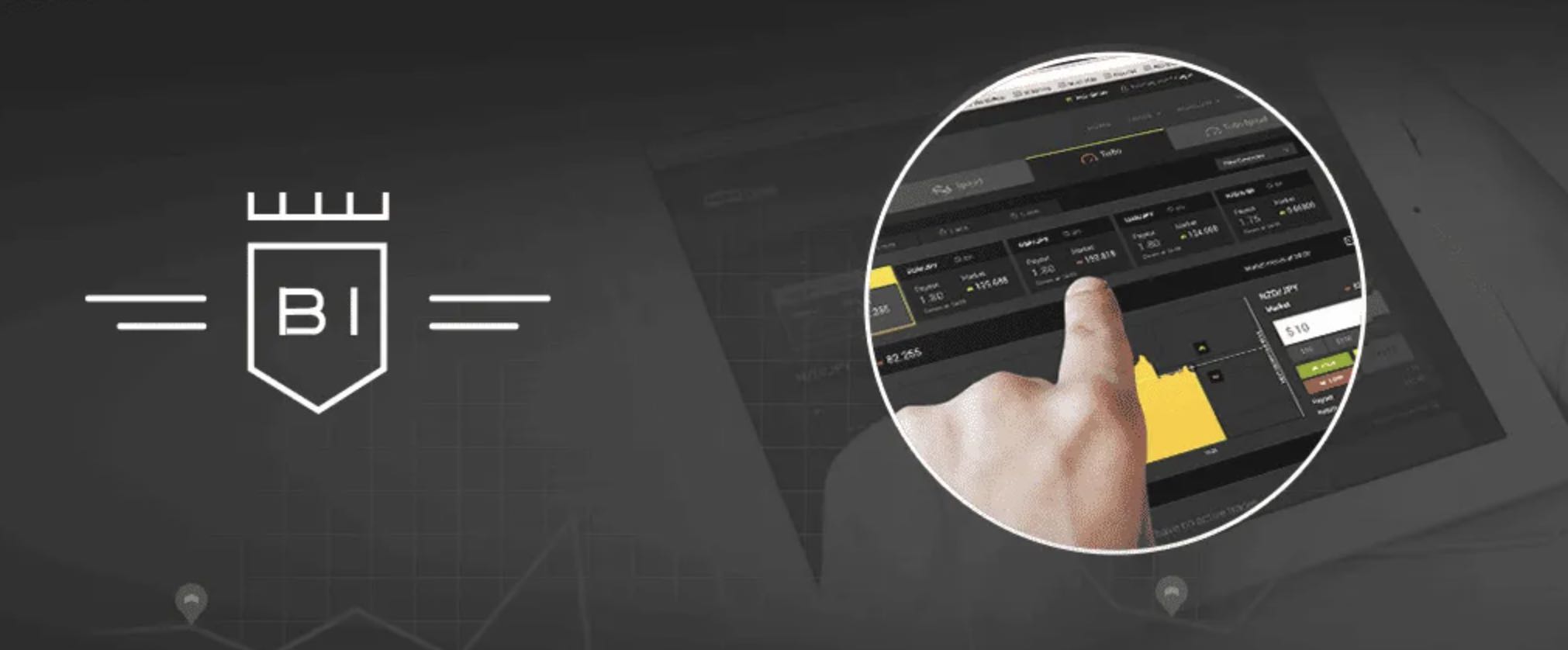
Understanding BiWinning’s Risk Assessment Features
In today’s fast-paced business environment, understanding potential risks is crucial to maintaining a healthy and thriving organization. BiWinning offers robust built-in risk assessment options that can greatly enhance decision-making processes.
Key Components of BiWinning’s Risk Assessment
BiWinning’s risk assessment tools are designed to identify, analyze, and mitigate risks effectively. The main components include:
- Comprehensive risk identification methods
- Quantitative and qualitative analysis techniques
- User-friendly dashboards for real-time monitoring
- Integration with existing management systems
Comprehensive Risk Identification
BiWinning utilizes advanced algorithms to ensure all potential risks are identified proactively. This includes:
- Industry-specific risk factors
- Customizable risk parameters
- Historical data analysis
Quantitative and Qualitative Analysis
To gauge the impact of identified risks, BiWinning provides:
- Quantitative metrics for numerical evaluation
- Qualitative insights for contextual understanding
- Risk scoring systems for prioritization
Benefits of Using BiWinning’s Risk Assessment Tools
The advantages of incorporating these tools into your business strategy are significant:
- Enhanced Decision-Making: Make informed choices based on comprehensive risk analysis.
- Proactive Risk Management: Identify and address risks before they impact your business.
- Resource Optimization: Allocate resources more efficiently by understanding risk-related priorities.
Real-Time Monitoring
One of the standout features of BiWinning is its real-time monitoring capabilities. Users can:
- Track risk factors as they evolve
- Receive instant alerts regarding high-risk situations
- Generate reports to stay informed and compliant
Conclusion
Implementing BiWinning’s built-in risk assessment options can significantly improve an organization’s ability to navigate uncertainties. With its comprehensive features, businesses can strategically manage risks, ultimately leading to greater stability and growth.


 Tragaperras Book of Dead sobre Play’n GO Giros Gratuito y no ha transpirado Jackpot de 5000x
Tragaperras Book of Dead sobre Play’n GO Giros Gratuito y no ha transpirado Jackpot de 5000x